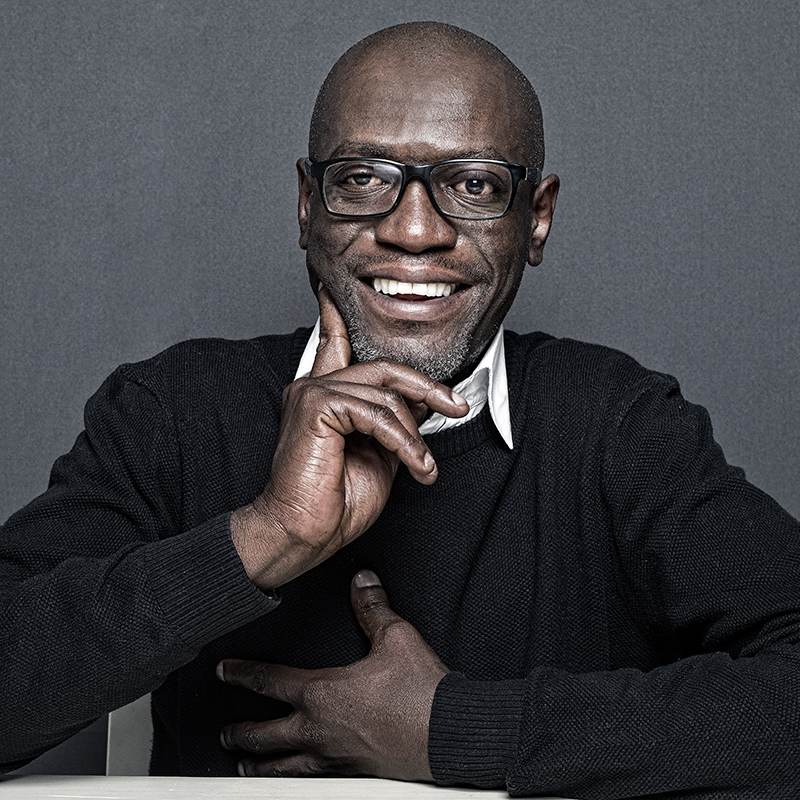Africa leads world in blockchain funding growth
Africa is the most vigorous blockchain region globally, as blockchain venture funding ballooned by 429% last year, outpacing global blockchain funding which grew 4%.
This is according to the African Blockchain Report 2022, from Standard Bank and CV VC.
The report shows that blockchain technology continues to impact Africa to a degree that is unprecedented anywhere else in the world.
The 70-page report presents an in-depth analysis of the African industry in the context of global metrics, as well as continent-specific dynamics.
It provides an all-encompassing view of the region's blockchain landscape, including in-depth funding data, regulatory facts, industry advancements, an investor watchlist, and perspectives from pioneers and leaders within the burgeoning industry sectors.
CV VC is a blockchain-specific venture capital company, headquartered in Switzerland, but which has made 12 African investments and with 3 new African startups in its current Acceleration programme.
According to the report, despite facing economic and socio-political challenges, the global blockchain industry broke records yet again in 2022, with a total of 1 828 deals, representing an almost 30% increase from the previous year.
Among global regions, Africa emerged as ‘the most vigorous’, with blockchain companies achieving the highest funding growth rate of the report’s globally assessed regions.
The report says, in 2022, African blockchain startups raised an impressive $474 million, marking a staggering 429% year-on-year increase in funding.
The report says: “Combining the sharp increase in blockchain funding with the fact that Africa had the smallest global increase in the number of blockchain deals, yet the only region globally exhibiting increases in all deal sizes, indicates that African blockchain startups are raising larger cheques and investors are gaining confidence.”
This, it says, is against the backdrop that Africa's share of all global funding has risen more than any other region by a considerable margin.
In the year, blockchain achieved a 15% share of all venture funds in Africa. The report says the continent now represents 1.8% of all global blockchain funding, up from 0.3% the year before.
It adds the number of African blockchain deals grew by 12%, ‘reflecting that Africa's sharp minds are driving valuable developments, particularly in the areas of infrastructure, personal identification, record-keeping, and access to financial independence’.
According to the report, African blockchain companies with notable raises include Kucoin, MFS Africa, Scroll, VALR, and Carry1st.
Seychelles and South Africa accounted for 81% of African blockchain funding. While Nigeria is the leading country in terms of the number of blockchain startups funded, followed by South Africa, Seychelles, and Kenya.
The ‘Custody and Exchanges’ category was the highest-funded in Africa with a 52% share, followed by ‘Fintech’ (24%) and ‘Infrastructure and Development’ (15%).
Gideon Greaves, MD, CV VC Africa says: “With the potential to create entirely new business models, the African blockchain industry is understandably experiencing rapid growth, with investors readily embracing it. Africa exhibits a magnetic collaborative environment among developers and organisations in the space.
“This supportive ecosystem drives the industry. Our report indicates that the transformative potential of this technology for business operations is undeniable. As investors continue to express confidence in the blockchain industry's sustainability and prospects, we anticipate further growth and investment in Africa in the coming years.”
He adds: “It (report) demonstrates real-life utility such as in social impact, proptech, tokenisation and NFTs, energy, government, and education.”
Ian Putter, Head, Blockchain Centre of Excellence, Standard Bank Group, adds: “The report demonstrates that the surge in the utility of blockchain technology shows no signs of slowing down. We, at Standard Bank, are embracing the technology to bring about transformation in a regulated and inclusive manner.
“Blockchain is fundamental to the next iteration of the internet – Web3. We firmly believe Web3 will be the economy of the future and appreciate the function that blockchain technology plays in getting everyone there.”
